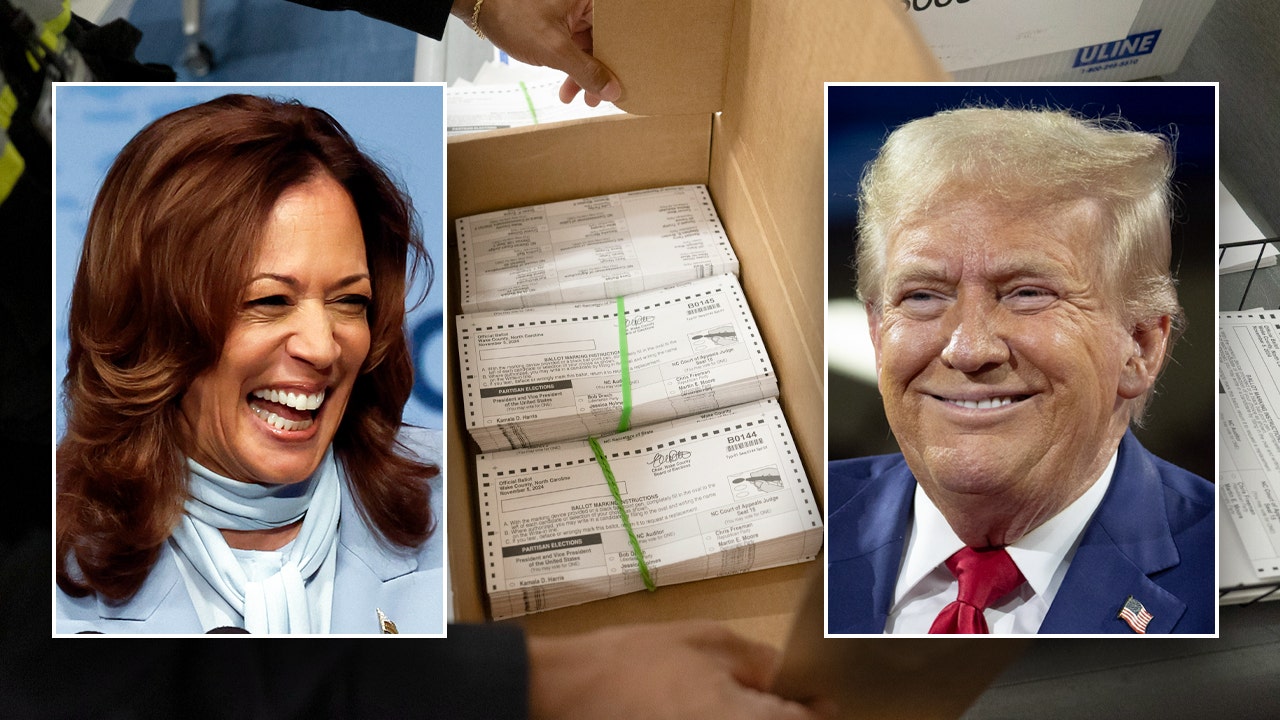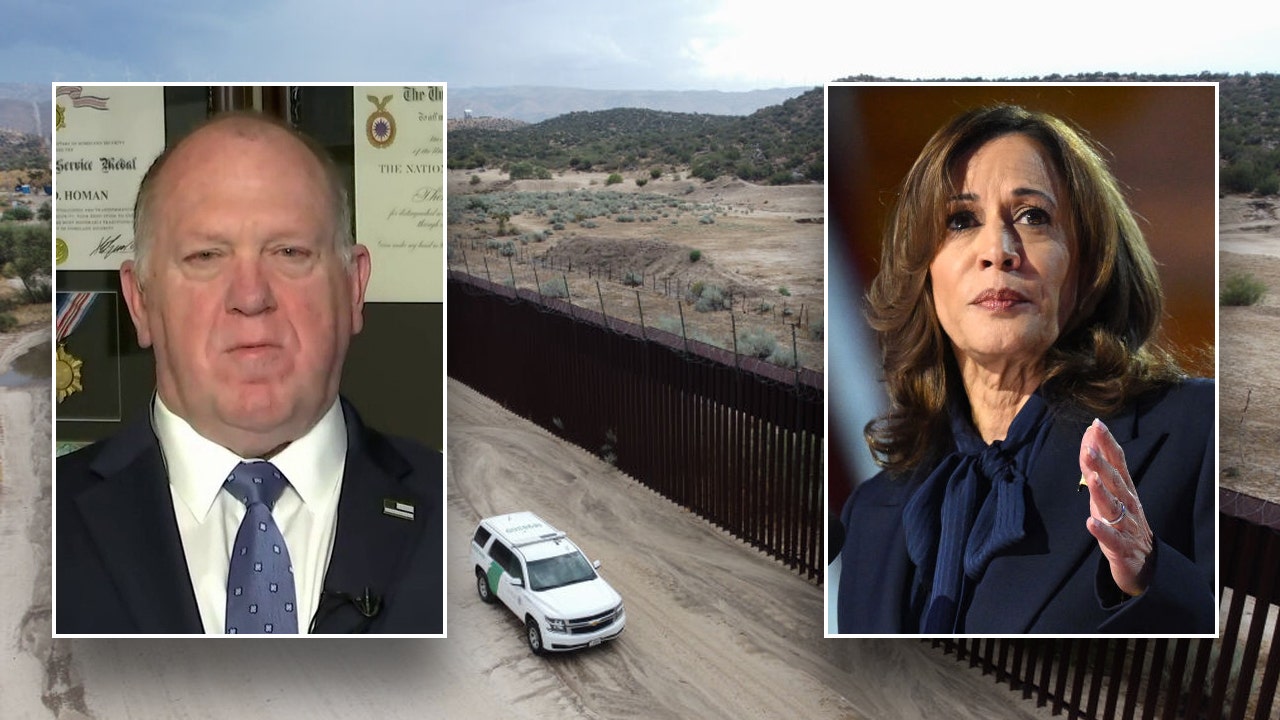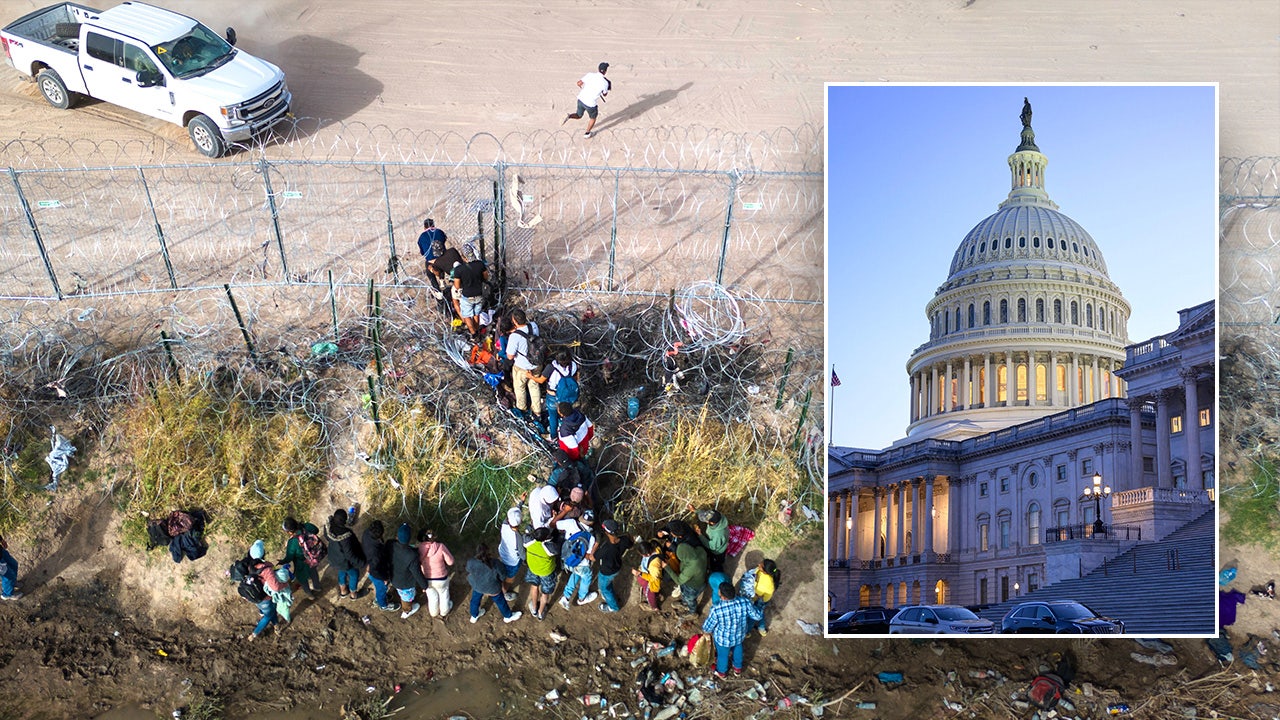The Supreme Court on Tuesday allowed Texas to enforce a law that allows local police to arrest migrants suspected of crossing the border illegally – marking a significant but temporary win for the state’s efforts to control illegal immigration across the border with Mexico.
The ruling comes a day after the court extended a block on the state law at the request of the Biden administration, which sued to strike down the measure. The Biden administration argued that the law, known as Senate Bill 4 and signed by Gov. Greg Abbott in December, would usurp federal authority on matters related to immigration enforcement. It marked the most significant effort by a state to take control of enforcement since the court struck down parts of an Arizona law in 2012.
“The United States brings this action to preserve its exclusive authority under federal law to regulate the entry and removal of noncitizens,” the DOJ lawsuit filed in January states. “Texas cannot run its own immigration system. Its efforts, through SB 4, intrude on the federal government’s exclusive authority to regulate the entry and removal of noncitizens, frustrate the United States’ immigration operations and proceedings, and interfere with U.S. foreign relations.”
JUDGE RULES ILLEGAL IMMIGRANTS HAVE GUN RIGHTS PROTECTED BY 2ND AMENDMENT
Texas said the state’s law mirrored federal law and was put in place to compensate for the Biden administration’s inadequate response at the southern border.
“Texas has defeated the Biden Administration’s and ACLU’s emergency motions at the Supreme Court. Our immigration law, SB 4, is now in effect. As always, it’s my honor to defend Texas and its sovereignty, and to lead us to victory in court,” Texas Attorney General Ken Paxton said in a statement on Tuesday.
Migrants wait to be processed by U.S. Customs and Border Protection after they crossed the Rio Grande and entered the U.S. from Mexico, Oct. 19, 2023, in Eagle Pass, Texas. (AP Photo/Eric Gay)
The ruling was not focused on the merits of the case itself but on the stay on the law issued by the Fifth Circuit Court of Appeals, which had blocked the law in February from taking effect. The court did not explain its reasoning for ending the stay, but in a concurring opinion, Justices Amy Coney Barrett and Brett Kavanaugh expressed concern about the moves by the appeals court – and suggested it could rule differently on the merits itself.
“Before this Court intervenes on the emergency docket, the Fifth Circuit should be the first mover,” Barrett wrote.
“So far as I know, this Court has never reviewed the decision of a court of appeals to enter — or not enter — an administrative stay. I would not get into the business. When entered, an administrative stay is supposed to be a short-lived prelude to the main event: a ruling on the motion for a stay pending appeal,” she wrote.
Justices Sonia Sotomayor and Ketanji Brown Jackson issued a scathing dissent, accusing their conservative counterparts of inviting “further chaos and crisis in immigration enforcement.”
“Texas passed a law that directly regulates the entry and removal of noncitizens and explicitly instructs its state courts to disregard any ongoing federal immigration proceedings. That law upends the federal state balance of power that has existed for over a century, in which the National Government has had exclusive authority over entry and removal of noncitizens,” Sotomayor said.
The White House said it “fundamentally” disagreed with the Supreme Court’s order.
“S.B. 4 will not only make communities in Texas less safe, it will also burden law enforcement, and sow chaos and confusion at our southern border. S.B. 4 is just another example of Republican officials politicizing the border while blocking real solutions,” the White House said in a statement.
The case now goes back to the Fifth Circuit, which could block the law again, setting up another Supreme Court battle. Abbott called the ruling a “positive development” while acknowledging that there will be hearings in the appeals court.
Texas Gov. Greg Abbott, right, is shown at the U.S.-Mexico border. (Twitter/Greg Abbott)
The ongoing legal battle marks the latest in a number of clashes between the state and the government on how to handle the ongoing crisis at the border. The DOJ sued Abbott’s administration this year over its construction of a floating barrier on the Rio Grande.
The DOJ also requested that the Supreme Court intervene in its dispute with Texas over the construction of razor wire at the border. Texas had sued the DOJ after federal officials cut and destroyed the wire in order to take migrants into Border Patrol custody. The Supreme Court in January allowed the wire to be taken down as the legal challenge continues.
That dispute was followed by a stand-off in Eagle Pass, Texas, in which Texas took over Shelby Park – a key crossing area – and refused to allow federal officials access. The Biden administration subsequently threatened to sue over the lack of access.
It comes as border security and the migrant crisis at the southern border looks set to be a top political issue in the 2024 elections. Both President Biden and his opponent, former President Trump, recently visited Texas, with Trump promising to launch a mass deportation operation if elected and with Biden urging Congress to pass a bipartisan border funding deal that includes more staffing at the border and money for NGOs and cities receiving migrants, as well as an expulsion authority if migration reaches a certain level.
Adam Shaw is a politics reporter for Fox News Digital, primarily covering immigration and border security.
He can be reached at adam.shaw2@fox.com or on Twitter.




